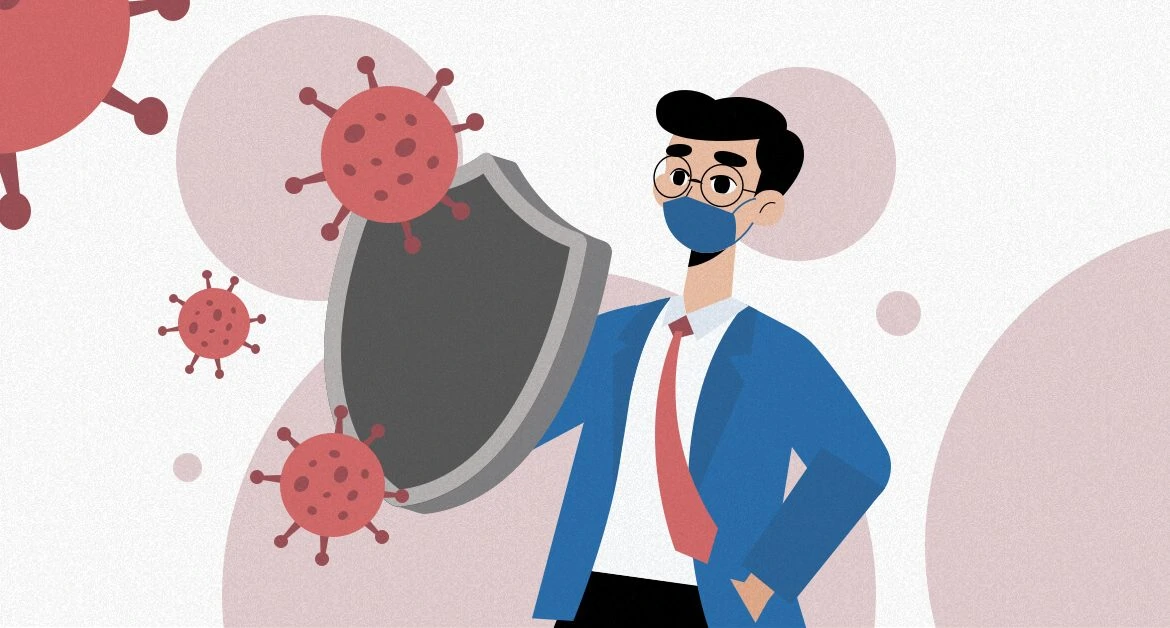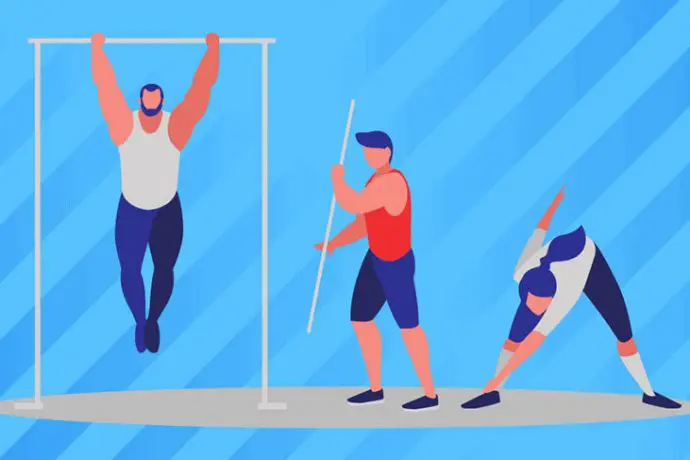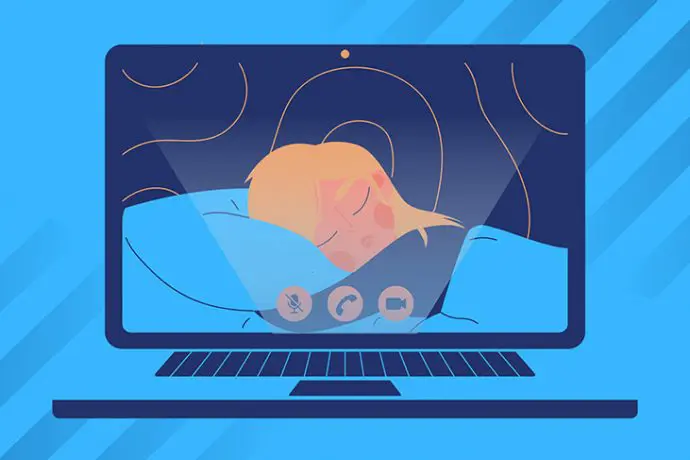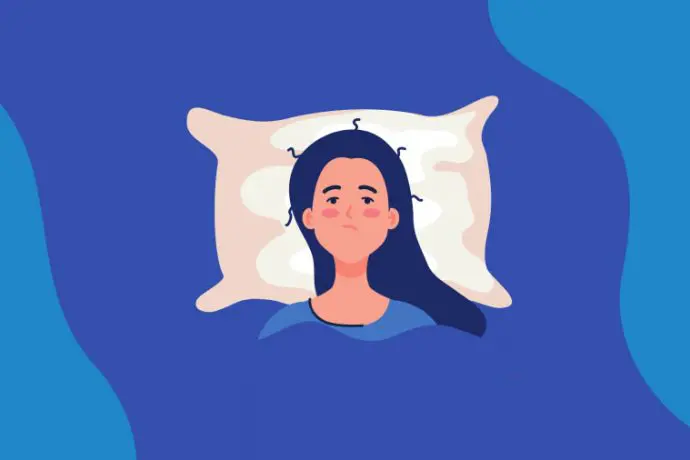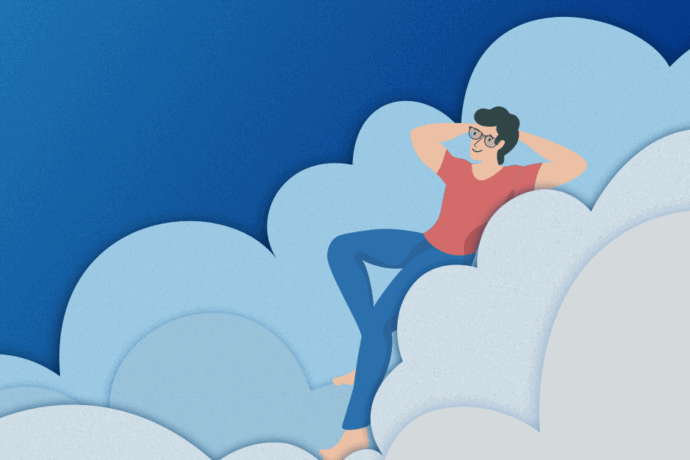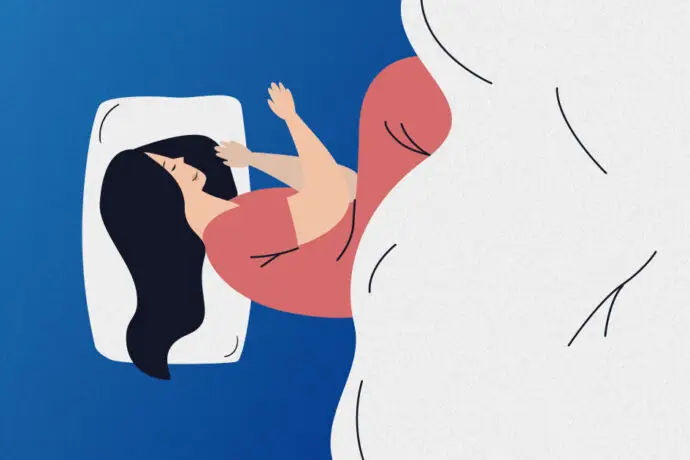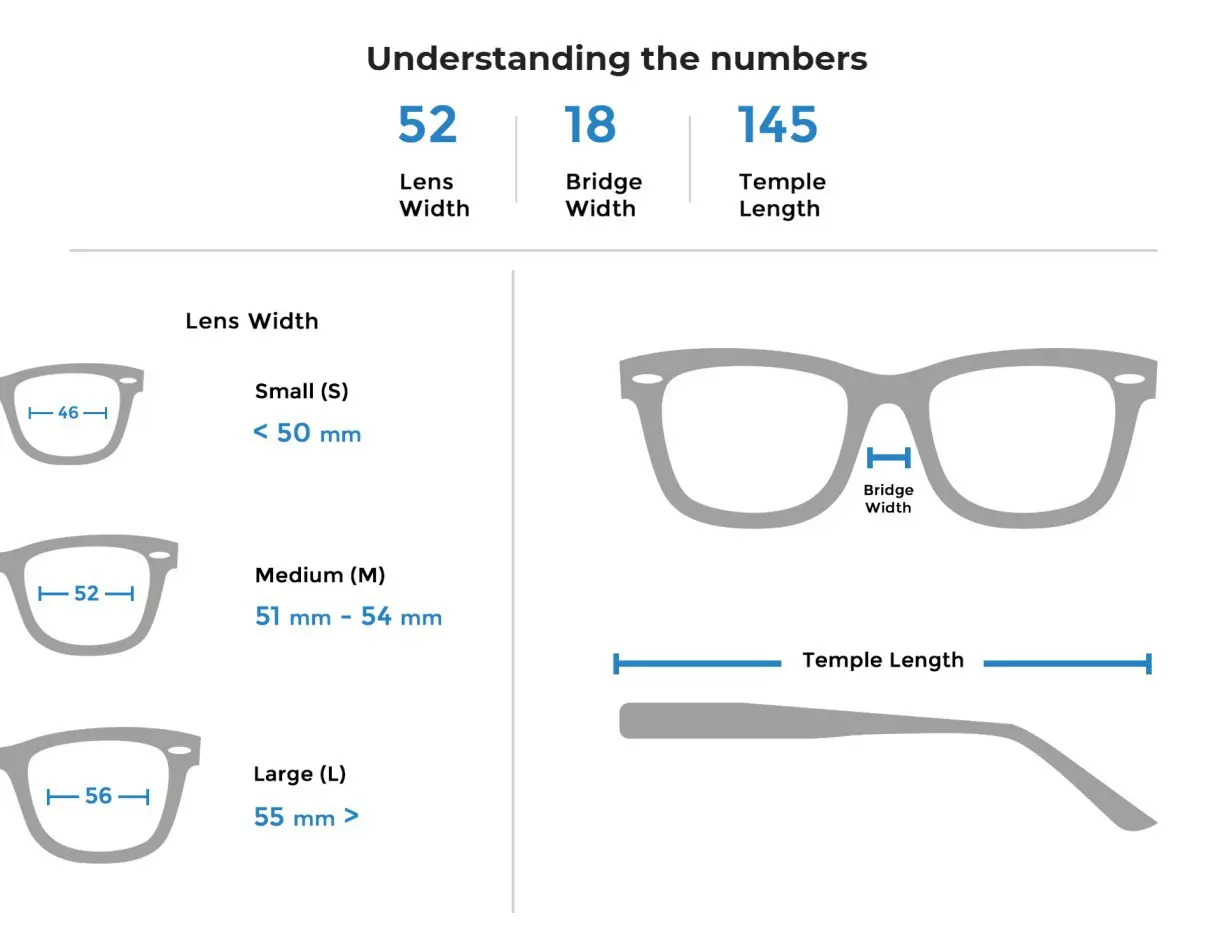How Sleep May Help You Fight Coronavirus
As we struggle to wrap our heads around the new normal, the coronavirus (or COVID-19) pandemic has motivated many people to explore all of the different ways they can protect themselves.
Along with washing your hands with hot water and soap, and frequently disinfecting the surfaces in your home, one of the best ways to protect yourself against coronavirus is by boosting your immune system.
It is known that one of the best natural immune boosters is sleep, so getting a good night’s rest is one of the many ways you can protect yourself. However, it is crucial to highlight that sleep is not a cure for the coronavirus. Still, it certainly gives our immune system the additional support it needs to fight off infections in our bodies. As we contemplate ways to combat the coronavirus, it is important to remember that adequate sleep is one of the most essential foundations of our health.
How sleep can impact your immune system
We all know that our sleep needs increase whenever we are ill. This is because sleep directly impacts our immune system and our ability to fight off diseases.
When we sleep, we are helping to restore our bodies and make them healthy again. Our immune system works non-stop to fight against harmful pathogens and viruses. Also, it helps to fight against changes within the body, such as cell-mutation (cancer).
On the other hand, sleep deprivation hurts the body’s first immune response. This innate immune system acts instantly to halt the spread and movement of foreign pathogens inside our bodies.
One example that supports this claim is a study of exposure to the common cold virus exposure between two groups. The first group had more than 7 hours of sleep, and the other had less than 6 hours of sleep. The group participants who received less than 6 hours of sleep for a week before exposure to the virus were four times more likely to be infected than the group with more than 7 hours of nightly rest.
Sleep disruptions during the pandemic
The global coronavirus pandemic has significantly transformed our lives in the last few months, including our sleep patterns. Quarantine, losing jobs, economic and health disturbances, general disruption of work, school, and family life can trigger stress, anxiety, and depression.
All of the above can devastate the quality of your sleep.
At night, you might find yourself tossing and turning, being completely unable to sleep, no matter how tired you are. Maybe you even manage to fall asleep, but you wake up in the middle of the night and can’t fall back asleep. This leads to waking up later, feeling even more tired than you were the night before. Some people also report bad dreams, sleeping in, feeling groggy during the next day, etc.
All of this leads to being stuck in a vicious circle of not being able to fall asleep due to stress, which leads to even more stress about not getting the rest that you should be getting. This is why sleep disorders and the state of body and mind that follows can cause severe damage to your physical and mental health.
Another point worth making is that the increased use of technology during quarantine worsens the situation. The blue light emitted from our digital screens can delay the release of melatonin in the body, increase alertness, or even reset the body’s internal clock. Thus, making it more difficult to fall asleep, and stay asleep, at night.
Ways to sleep better
Here are several useful ways to ease sleep disruptions, especially those being caused by extensive screen time.
- Get up at the same time every day. Try to turn this into a habit to avoid sleeping in. Waking up at an early time of the day will naturally lead you to go to bed at a decent time at night.
- Limit caffeine after 2 PM. Yes, this one might sound drastic, but too much caffeine can keep your brain and body feel more alert, even though you might be dreadfully tired.
- Limit the exposure to digital screens for at least an hour and a half before going to sleep. Read a book instead, go for a walk, or do a short exercise. Cooling down the body after exercising promotes a good night’s sleep.
- You can even take a nice hot bath to relax your body. Leave the technology on the other side of the door, and soak your troubled mind for a bit before heading off to bed. It will help you drift to sleep more easily.
- But, let’s say your remote work makes you stick to screens more than usual. The best way to relax your brain and your eyes is to use blue light glasses. Blue light glasses are fit with special lenses that filter out the maximum range of blue light, which fools the brain into thinking it is daytime.
Our bluwinx sleep experts have developed blue light glasses fit with the most advanced bwgf technology, which filters up to 80% of harmful blue light.
In addition to protecting your eyes, the best part about blue light glasses is that they don’t require you to make any lifestyle changes. Just put your glasses on in the morning and stay protected until you go to sleep!
In conclusion
Severe sleep issues should not, in any way, be disregarded. Getting a regular amount of good night’s rest will help your body regenerate and support your immune system in fighting diseases, such as coronavirus.
Work on developing personalized tactics that will help you sleep better. However, if you experience overbearing insomnia and disruptive sleep patterns, we suggest visiting your primary care provider.
In this new-normal time, do your best to take care of yourself and your dearest ones – follow the guidelines of the Centers for Disease Control and Prevention (CDC).
We at bluwinx believe everyone deserves to get a good night’s sleep.
Explore our world of sleep expertise and blue light glasses, or if you have any additional inquiries, feel free to reach out by emailing us at help@bluwinx.com!

